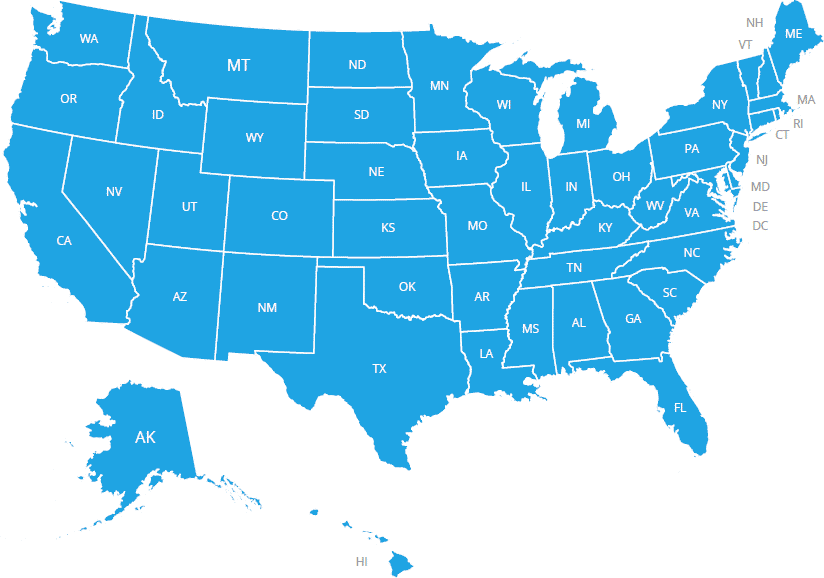Death is a part of life, and journal register obits play a crucial role in helping families and communities come together during difficult times. Whether it's preserving memories or sharing stories, obituaries have become more than just formal announcements—they're personal tributes that keep legacies alive. In this guide, we’ll dive deep into how journal register obits work, why they matter, and how you can create meaningful ones for your loved ones.
When someone we care about passes away, it can feel like the world stops. But journal register obits help bridge that gap by giving us a way to honor their lives publicly. These obituaries are not just lines of text; they’re heartfelt narratives that celebrate achievements, relationships, and the impact a person had on those around them.
So, whether you’re here because you want to understand what journal register obits are or need tips for writing one, you’re in the right place. Let’s get started!
Read also:Ky Court Cases Lookup Your Ultimate Guide To Finding And Understanding Court Records
Table of Contents:
- What Are Journal Register Obits?
- The Importance of Journal Register Obits
- A Brief History of Obituaries
- How to Write a Journal Register Obituary
- Key Elements of a Good Obituary
- Common Mistakes to Avoid
- Journal Register Obits in the Digital Age
- How to Find Journal Register Obits Online
- Legal and Ethical Considerations
- Conclusion: Honoring Lives Through Words
What Are Journal Register Obits?
Journal register obits refer to the obituaries published in local newspapers or online platforms that document the passing of individuals within a community. Think of them as public announcements that inform others about a death while celebrating the life of the deceased. They typically include details like the person’s name, age, family members, accomplishments, and funeral arrangements.
But here’s the thing—journal register obits aren’t just dry facts. They’re stories. Stories that remind us of the lives we’ve touched and the lives that have touched us. Whether it’s mentioning a beloved grandparent who was known for their cookies or an entrepreneur who changed the game, these obituaries bring people together in remembrance.
Why Obituaries Matter Today
In today’s fast-paced world, journal register obits serve as anchors. They connect us to our roots, our communities, and our shared humanity. For families, they’re a way to say goodbye with dignity and respect. For friends and acquaintances, they’re a chance to pay respects and offer condolences. And for historians, they’re valuable records of social history.
The Importance of Journal Register Obits
Obits in journals and registers are more than just announcements—they’re about legacy. They remind us that every life matters and deserves recognition. Here’s why they’re so important:
- Preserving Memories: Obituaries capture key moments and milestones in a person’s life, ensuring their story isn’t forgotten.
- Bringing Communities Together: When an obituary is published, it invites others to join in mourning and celebration.
- Offering Closure: Writing and reading obituaries can provide emotional closure for those left behind.
- Creating Historical Records: Future generations may look back at these obits to learn about their ancestors and the times they lived in.
And let’s not forget, journal register obits can also inspire others. A well-written obituary might highlight a person’s kindness, resilience, or achievements, leaving a lasting impression on readers.
Read also:Unveiling The Uaa 2025 Calendar Your Ultimate Guide To Dates And Events
A Brief History of Obituaries
Obituaries have been around for centuries, evolving alongside society. In the past, they were often short and formal, focusing mainly on the basic facts. But as newspapers grew in popularity, obits began to include more personal details. By the 20th century, journal register obits became richer, reflecting the growing importance of individual stories.
Today, with the rise of digital media, obituaries have taken on new forms. Online platforms allow for multimedia elements, such as photos and videos, making journal register obits even more engaging and meaningful.
From Print to Digital: The Evolution
The shift from print to digital has transformed how we publish and access journal register obits. While traditional newspapers still play a significant role, many families now opt for online obituaries due to their convenience and wider reach. This evolution has made it easier for distant relatives and friends to stay connected during times of loss.
How to Write a Journal Register Obituary
Writing an obituary might seem daunting, but with the right approach, it can be a rewarding experience. Here’s a step-by-step guide:
- Gather Information: Collect all necessary details, including the deceased’s full name, date of birth, place of residence, and surviving family members.
- Highlight Key Achievements: Mention any notable accomplishments, hobbies, or passions that defined the person’s life.
- Include Personal Touches: Share anecdotes or quotes that reflect the person’s personality and values.
- Provide Funeral Details: Make sure to include information about the services, if applicable, so others know how to participate.
Remember, there’s no one-size-fits-all formula for writing a journal register obit. The most important thing is to make it authentic and heartfelt.
Tips for Writing Emotional Obituaries
When writing about someone you loved, emotions can run high. To help you through the process, here are some tips:
- Take your time—don’t rush the writing process.
- Involve family members to ensure accuracy and inclusivity.
- Be honest but respectful when describing the person’s life.
Key Elements of a Good Obituary
A great journal register obit should include the following elements:
- Personal Details: Name, age, birthplace, and current residence.
- Family Information: Names of surviving family members and those who predeceased the individual.
- Life Story: Education, career highlights, and any significant contributions to the community.
- Memorial Instructions: Details about funeral services, donations, or other requests.
By covering these aspects, you create a comprehensive tribute that honors the deceased while providing useful information for others.
Common Mistakes to Avoid
Even with the best intentions, mistakes can happen when writing journal register obits. Here are some pitfalls to watch out for:
- Omitting Important Information: Double-check names, dates, and other critical details.
- Being Too Vague: Provide enough context to paint a clear picture of the person’s life.
- Forgetting to Proofread: Typos and grammatical errors can detract from the obituary’s impact.
Taking the time to review your work can make a big difference in how your journal register obit is received.
Journal Register Obits in the Digital Age
With the internet becoming a central part of daily life, journal register obits have adapted to meet modern needs. Online platforms offer features like social sharing, guestbooks, and photo galleries, enhancing the obituary experience. However, this shift also raises questions about privacy and permanence.
For example, should obituaries remain online indefinitely? What happens if sensitive information is inadvertently disclosed? These are important considerations as we navigate the digital landscape.
Benefits of Digital Obituaries
Despite potential challenges, digital journal register obits offer numerous advantages:
- Global Reach: Anyone, anywhere can access the obituary.
- Interactive Features: Readers can leave messages, share memories, and express condolences.
- Cost-Effective: Publishing online is often cheaper than traditional print methods.
How to Find Journal Register Obits Online
Searching for journal register obits online has never been easier. Most newspapers now maintain archives that are searchable by name, location, or date. Additionally, dedicated websites specialize in aggregating obituaries from various sources, making it simple to find what you’re looking for.
Some popular platforms include:
- Ancestry.com
- ObituaryArchive.com
- Legacy.com
These resources not only help locate obituaries but also provide tools for creating and sharing your own.
Legal and Ethical Considerations
When dealing with journal register obits, it’s essential to consider legal and ethical implications. Privacy laws vary by country, and it’s crucial to respect the wishes of the deceased and their family. Additionally, accuracy is paramount—publishing incorrect information can lead to serious consequences.
Ethically speaking, obituaries should always be written with compassion and sensitivity. Avoid sensationalism or unnecessary details that could cause distress.
Protecting Privacy in Obituaries
To protect privacy, consider the following guidelines:
- Only include necessary information—avoid sensitive details unless explicitly requested.
- Respect the family’s preferences regarding what to disclose.
- Be mindful of potential security risks, such as identity theft.
Conclusion: Honoring Lives Through Words
Journal register obits are more than just announcements—they’re testaments to the lives we cherish. Whether you’re writing one for a loved one or reading one to pay respects, these obituaries remind us of the importance of connection and remembrance.
As you’ve learned throughout this guide, crafting a meaningful journal register obit involves careful thought, attention to detail, and a deep understanding of its purpose. So, whether you’re preserving memories, bringing communities together, or simply offering closure, know that your words have the power to honor and heal.
Now, it’s your turn. Share your thoughts in the comments below, or explore other articles on our site to learn more about honoring and celebrating life. Together, let’s keep the legacy alive!


